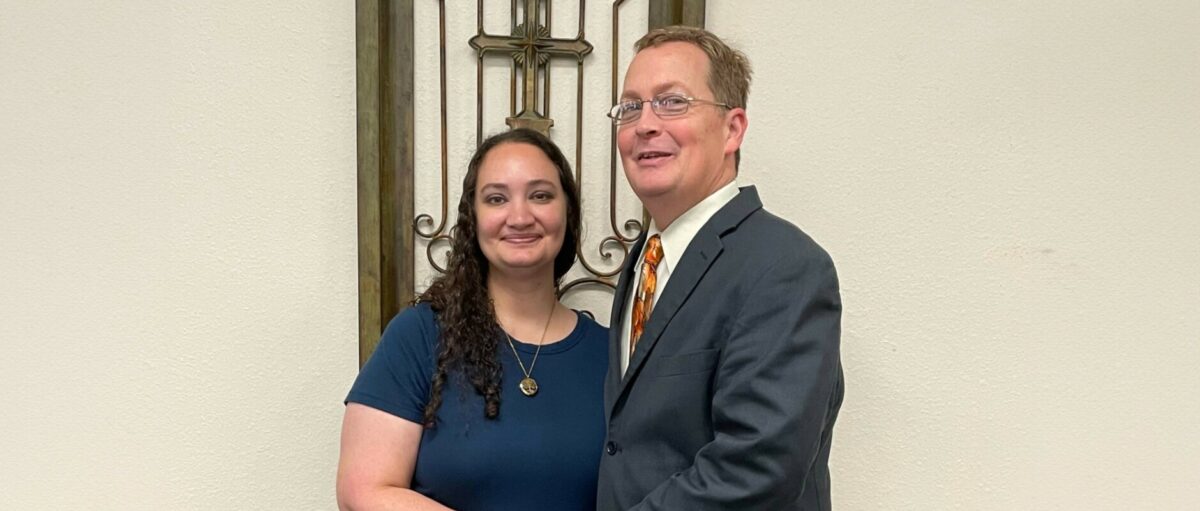I look back now and see that it was actually kind of rude of me to dump all of my frustrations on my friend and colleague.
He didn’t have any control over the decisions that were being made nor the seemingly disrespectful way they were being carried out.
Sure, he was employed by the organization, but he was not among the leaders making the difficult moves.
Why I let that situation from nearly a decade ago upset me so much I don’t recall, but I do remember the graciousness with which my friend handled it all.
He stopped what he was doing and let me vent, which actually left him working a late night to finish up a deadline because I held him hostage debating the issue that was forefront in my mind.
Only focused on myself
I never once thought of his schedule, his responsibilities, his energy level nor even what heavy burdens he might already be carrying.
I used him as a sounding board whether he wanted to be or not.
And he kindly sat there and listened, nodding sympathetically as I talked. I asked him why, but my question was not sincere.
My mind was made up, and I wasn’t really interested in why nor learning about any of the details that led to the decision.
I certainly wasn’t interested in hearing viewpoints from the other side.
I really thought that if I could convince my friend to agree with me then we might have a chance to change the leaders’ minds.
When I finally took a breath, he said he understood how frustrating it must be to hear the news without having been part of the internal discussions.
He also agreed there was no guarantee the decision was the right one, but he reminded me that I was not privy to all the information and that sometimes tough decisions have to be made for the greater good.
Sometimes individuals or even groups have to sacrifice their preference in a situation if it means unifying the whole.
Granted there are essentials of the faith on which we as followers of Christ must never compromise. But when the issue falls in the nonessentials category, there must be a willingness to — at the very least — have calm, controlled and open dialog.
What gets hard is when people on the various sides speak disrespectfully to each other or when one side tries to shut down the other side without a fair hearing.
When this happens, it takes a lot of discipline to control emotions and not take the comments personally.
The difficulty level rises if conversations about controversial topics develop into a time of tossing blame or indicating the way it is being done by an opposing force is “wrong” merely because the person doing the talking disagrees.
Conversations where all parties are respectful to the various viewpoints being shared are certainly more productive.
I know it disappoints me when my opinion is not valued, even if my opinion is still being shaped as I’m attempting to understand a situation.
Assessing all sides
Another friend shared with me recently that he enjoys reading articles and comments from people on all sides of an issue. He said it helps him better understand the issue.
Many times it serves to solidify his own thinking while helping him know how to converse with those who disagree. And then other times, he might even adjust his own way of thinking.
As I attempt to continuously learn from the wisdom of my two friends, I also am reminded to seek direction and wisdom from the Word of God in how to relate to others (Gal. 5:22–23), truly stay in tune with God (2 Chron. 7:14) and live life in general (Luke 10:27).








